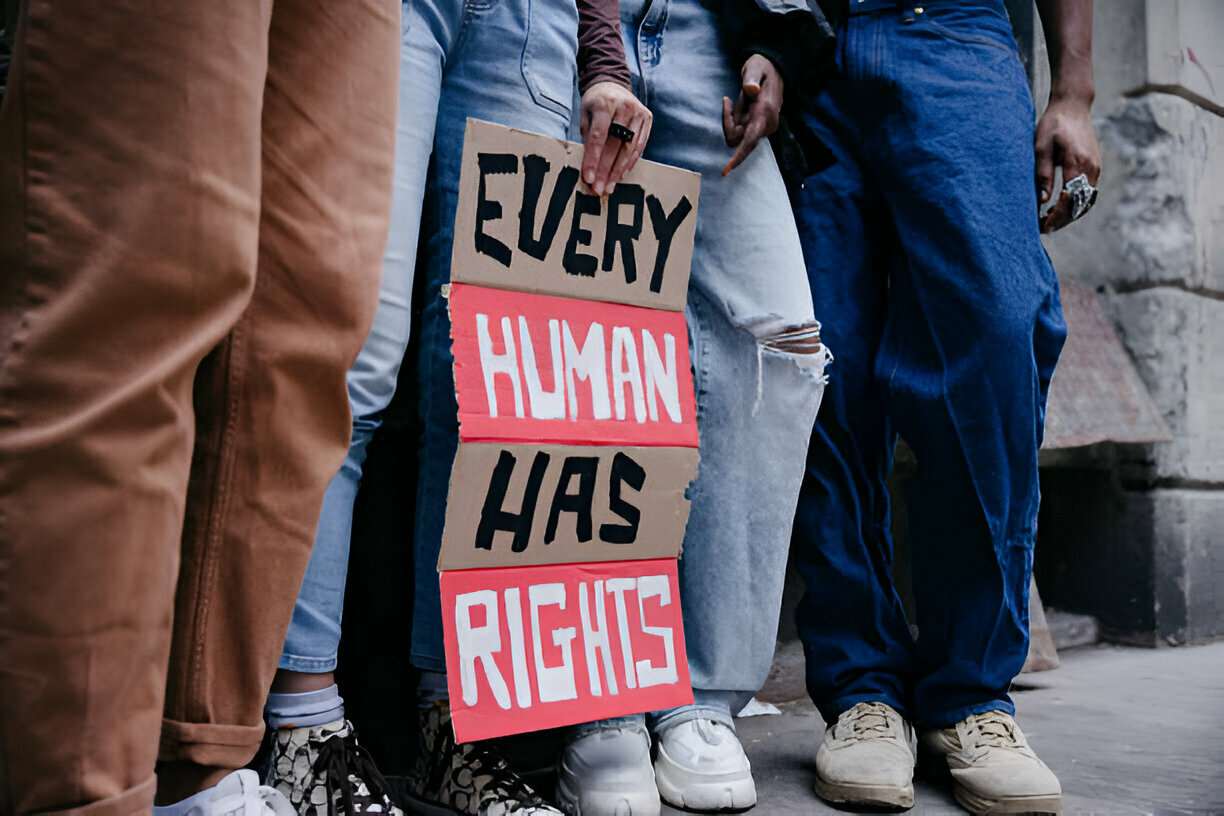International law serves as the foundation for human rights protection across the world. It provides legal frameworks that hold governments and individuals accountable for violations. Without these laws, enforcing human rights standards on a global scale would be challenging.
By establishing guidelines for justice and accountability, international law helps prevent abuses and offers remedies to victims. From war crimes to discrimination, these legal frameworks play a vital role in shaping a fairer world. Here’s how international law impacts global human rights cases.
Contents
Foundation of International Human Rights Law
International human rights law is built upon treaties, conventions, and customary legal principles. These agreements create universal standards that countries must follow to protect individuals’ rights. The United Nations and other international bodies oversee the implementation of these laws.
Governments that sign human rights treaties are expected to align their national laws with international standards. Failure to comply can lead to diplomatic pressure and legal action. This foundation ensures that human rights are recognized and respected worldwide.
Role of International Courts and Tribunals
International courts, such as the International Criminal Court (ICC) and the International Court of Justice (ICJ), help enforce human rights laws. These institutions prosecute individuals and states for crimes such as genocide, war crimes, and crimes against humanity. Their rulings set legal precedents that influence future cases.
Tribunals, such as those for Rwanda and Yugoslavia, have played a significant role in bringing justice to victims of mass atrocities. By holding perpetrators accountable, these courts reinforce the importance of human rights and deter future violations. International judicial systems provide a platform for justice beyond national borders.
State Responsibility and Sovereignty
While international law promotes accountability, state sovereignty remains a complex issue. Governments are expected to protect human rights within their borders, but enforcement mechanisms depend on national cooperation. Some states resist external legal intervention, citing sovereignty concerns.
Despite these challenges, international law pressures states to uphold human rights obligations. Countries that violate treaties may face sanctions or diplomatic consequences. Balancing sovereignty with human rights enforcement remains a key debate in global law.
Human Rights Organizations and Their Legal Influence
Non-governmental organizations (NGOs) and international agencies play a crucial role in advocating for human rights. Groups such as Amnesty International and Human Rights Watch document violations and push for legal action. Their reports often serve as evidence in international cases.
These organizations also assist victims by providing legal representation and support. Through legal advocacy, they influence policy changes and hold governments accountable. Their involvement strengthens the enforcement of international human rights laws.
Challenges in Enforcing International Human Rights Law
Despite legal frameworks, enforcing international human rights law remains a challenge. Some countries refuse to recognize international court rulings, limiting their effectiveness. Political interests and power dynamics often hinder justice for victims.
Another challenge is ensuring compliance with human rights obligations. Economic sanctions and diplomatic actions can pressure states, but they do not always lead to change. Strengthening enforcement mechanisms is essential to closing these legal gaps.
Future of International Human Rights Law
As human rights challenges evolve, international law must adapt to address emerging issues. Topics such as digital privacy, environmental rights, and refugee protection require new legal approaches. Strengthening global cooperation is key to ensuring these laws remain effective.
Advancements in technology and global governance can improve enforcement and accountability. Expanding international legal mechanisms will help protect human rights in an increasingly interconnected world. The future of human rights law depends on continuous adaptation and commitment from the international community.
Conclusion
International law is a vital tool for upholding human rights and holding violators accountable. Through treaties, courts, and advocacy groups, these legal frameworks ensure justice on a global scale. However, challenges in enforcement and state sovereignty continue to shape the effectiveness of these laws.
A stronger commitment to international human rights law can lead to greater protections for individuals worldwide. By reinforcing accountability and adapting to modern challenges, the global legal system can continue to safeguard human rights for future generations.

